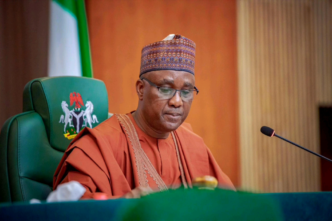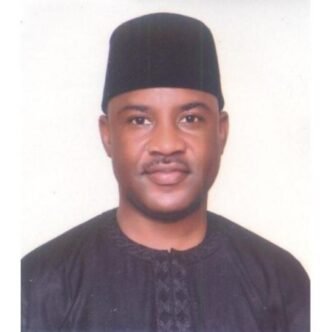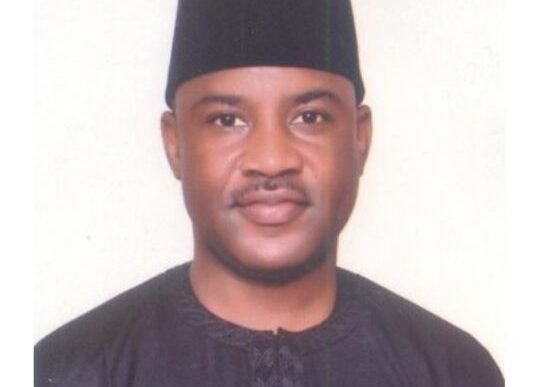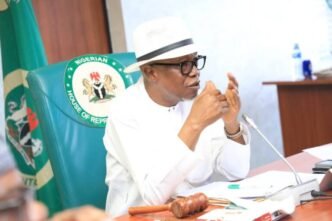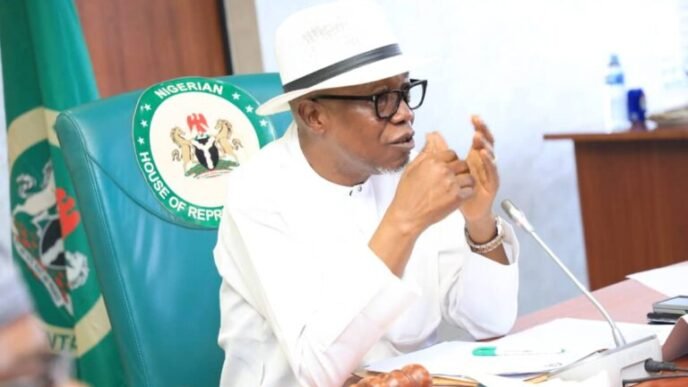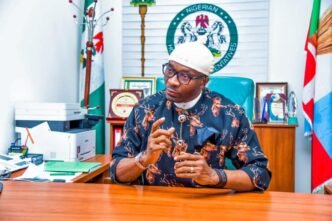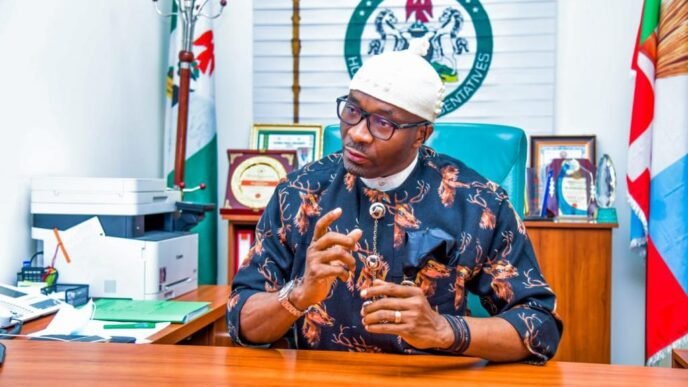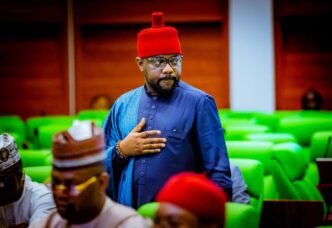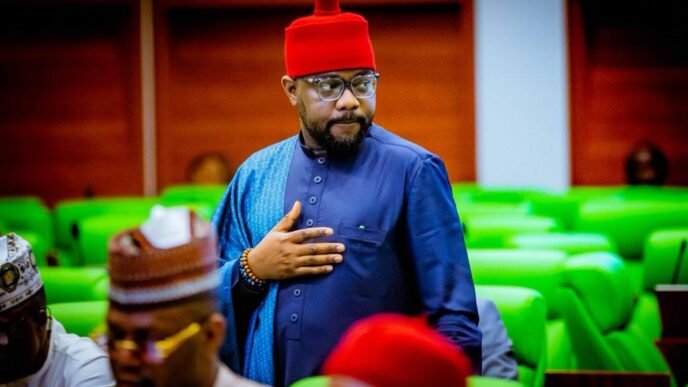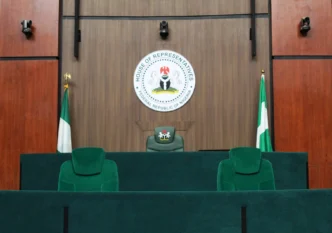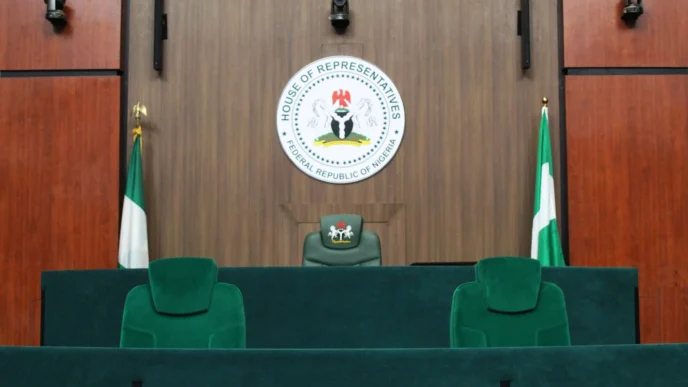HB. 1931 – A BILL FOR AN ACT TO FURTHER ALTER THE CONSTITUTION OF THE FEDERAL REPUBLIC OF NIGERIA 1999 (AS ALTERED) TO PROVIDE FOR SPECIAL SEATS FOR THE PHYSICALLY CHALLENGED PERSONS IN NIGERIA’S FEDERAL, STATE AND LOCAL GOVERNMENT LEGISLATIVE HOUSES AND FOR RELATED MATTERS. Bill Sponsor:Hon. Tajudeen Abbas and Hon. Marcus Onobun. Bill Progress: Committee Stage
This Bill seeks to alter Sections 48, 49, 71, 77, 91, 117, and Part II of the 3rd Schedule of the Constitution of the Federal Republic of Nigeria, 1999 to create special seats for Physically Challenged Persons in the National Assembly, State Houses of Assembly and Local Government Legislative Councils. In both Senate and House of Representatives: one additional member for each of the six Geo-Political zones of the Federation, who shall be a Physically Challenged Person.
The primary objective of HB 1931 is to amend the 1999 Constitution to create reserved seats for PWDs across all tiers of government, including the National Assembly at the federal level, State Houses of Assembly at the state level, and local government legislative bodies. This initiative responds to the significant underrepresentation of PWDs in Nigeria, who often encounter numerous obstacles to political participation.
The bill seeks to address these barriers by providing a pathway for greater involvement of PWDs in decision-making processes, aligning with a broader push for inclusive governance that reflects the diverse demographics and needs of the population. Discussions surrounding the bill have proposed reserving a certain percentage of legislative seats for PWDs. Recent debates have suggested allocating about 5% of the seats in the National Assembly specifically for individuals with disabilities.
The mechanisms for filling these reserved seats are also a focal point of the bill. Considerations include allowing direct elections through separate ballots or nominations from accredited disability advocacy groups, ensuring that PWDs have a genuine role in selecting their representatives.
As for the current status of HB 1931, it has recently passed its second reading in the House of Representatives, indicating that the general principles of the bill have been debated and approved. Notably, the bill is co-sponsored by Hon. Tajudeen Abbas, the Speaker of the House of Representatives, and Hon. Marcus Onobun. This sponsorship highlights the level of support for the initiative within the leadership of the House.
The bill is part of a broader constitutional review process currently taking place in the National Assembly, which also encompasses proposals for special reserved seats for women. Advocacy for HB 1931 comes from numerous PWD organizations, civil society groups, and international bodies, all of which assert that increased representation will lead to more comprehensive policies addressing the unique challenges faced by PWDs.
To foster transparency and public involvement, the House of Representatives has conducted public hearings and invited memoranda from citizens and stakeholders, ensuring that the review process is thorough and inclusive.
However, several challenges and considerations accompany the bill’s advancement. Concerns have been raised about the potential increase in governance costs resulting from the creation of additional legislative seats, similar to fears surrounding the women’s special seats initiative. Furthermore, ensuring transparent and democratic processes for selecting PWD representatives is critical to avoid tokenism and guarantee meaningful empowerment.
Moreover, societal barriers continue to present significant obstacles for PWDs in Nigeria. Issues such as stigma, lack of accessibility to infrastructure, and informational disparities are deeply rooted in society. The proposed bill indirectly aims to address these issues by amplifying the voices of PWDs in policy-making.
The passage of HB 1931 could mark a landmark achievement for PWD rights and inclusive democracy in Nigeria, reinforcing the nation’s commitment to international obligations, including the United Nations Convention on the Rights of Persons with Disabilities. The successful implementation of this bill would signal a progressive move towards a more inclusive political landscape and greater representation for PWDs in governance.
